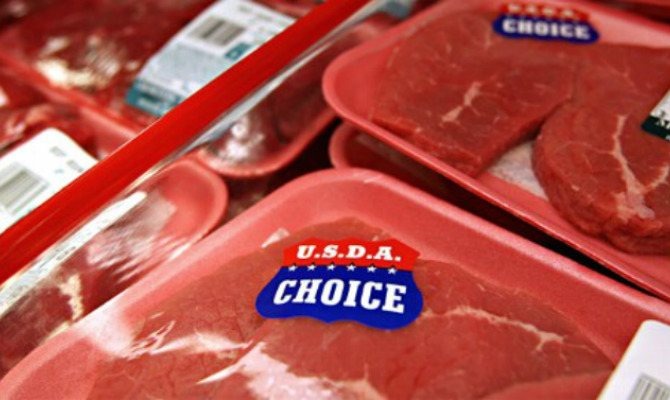Environmental Activists Critical Of New Federal Policy Designed To Curb Antibiotics In Meat
The White House just released a new policy that outlines a strong effort on the part of federal agencies to promote "antibiotic stewardship — the development, promotion, and implementation of activities to ensure the responsible use of antibiotics" for livestock. Federal agencies will now be required to sign a memorandum promising that they will "create a preference" for meat and poultry purchases that have been raised in a responsible and humane environment. The Presidential Food Service is even stricter and will "commit to serving meats that have not been treated with antibiotics or hormones."
Although the new policy makes it sound like the government wants to cut back on antibiotic and hormone usage in farming, the news release is vague on the specifics, as the International Business Times points out. The White House also stipulated that the new policies will take five years to go into full effect.
The Natural Resources Defense Council has immediately expressed concern that the new policy could actually create a loophole for "irresponsible antibiotics usage."
"To truly eliminate the routine use of antibiotics in animals that are not sick, the federal government should do more to ensure that antibiotics are used to only treat sick animals and control disease outbreaks," Mae Wu, health attorney at the Natural Resources Defense Council, said in a statement. "The federal policy should halt all routine use of medically important antibiotics, not just one category of routine use."
But are antibiotics in our meat and poultry a big deal? According to the Natural Resources Defense Council, yes: They have stated that consistently giving antibiotics to livestock that are not sick (a common agricultural practice) has made these certain pathogens resistant to antibiotics, meaning that when humans get sick from these same pathogens, our chances of effective treatment become slimmer and slimmer.
